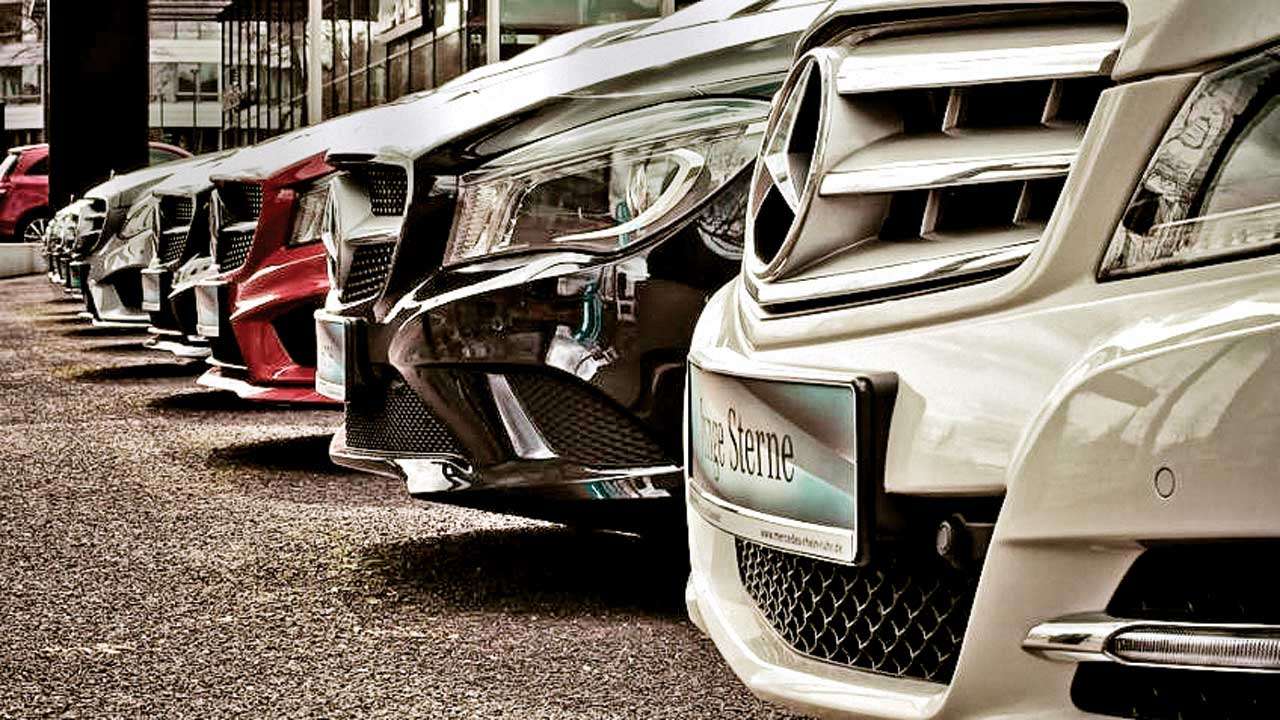Vehicle companies to spend Rs 40,000 cr for BS VI upgrade: Icra report

Auto sector
With the deadline for implementation of Bharat Stage VI emission norms fast approaching, manufacturers of passenger vehicles (PV) in India are estimated to incur a combined capital expenditure of Rs 35,000-40,000 crore on capacity addition, product development and localisation initiatives to comply with the regulations over next two years, according to an Icra report.
The Indian auto industry is slated to jump to BS VI, skipping BS V, and a deadline of April 1, 2020, has been set.
Icra expects that, in addition to capacity augmentation, OEMs dealing in commercial vehicles would invest in multiple avenues that would help them improve their business prospects, such as new product development, addressing portfolio gaps, technology upgradation related to the next level of emission norms and sales network. Many OEMs are also contemplating setting up their overseas assembly units with an eye to grow international business. Commercial vehicle manufacturers are expected to spend about Rs 5,000-6,000 crore annually, the report said.
Though a few OEMs have slowly started rolling out a few vehicles with BSVI compatible engines, especially in the luxury segments, most other OEMs involved in mass products are scaling up their preparation for transition into the new regime. OEM executives claim that getting BS VI compatible fuel is still an issue and will not be sufficiently available before 2020. According to an estimate, the oil refineries will need to invest Rs 28,000 crore in upgrading petrol and diesel quality to meet cleaner fuel specifications by 2020. Oil refineries had previously upgraded technology and invested over Rs 55,000 crore for production and supply of BS III/IV fuels.
The Supreme Court, in October, had reiterated that sales of BS IV complaint vehicles and their registration will not be allowed after the deadline.
According to the experts, the court's order brought the clarity over the industry transition to the new emission regime. In a similar situation during the transition to the BS IV regime from BS III, the Supreme Court had in its March 29 order banned the registration and sale of vehicles that are not compliant with BS IV emission norms from April 1, 2017. The central court order had a huge impact on the finances of the OEMs, as the industry collectively is believed to have sustained losses of around Rs 12,000 crore. While the OEMs tried saving some money by offering huge discounts on the last two days of the deadline, a significant number of vehicles became redundant, which were later either upgraded to BS IV at a heavy investment or were exported to other countries with similar levels of pollution regulations.
According to the industry insiders, despite subdued growth during the just concluded festive season, the demand remains positive in the upcoming year, as a result of which a spate of launches and refresher products have already been lined up. "The launches will happen in order to push up the sales from the new year start," said a Mumbai-based analyst.
The Icra report highlights that the domestic PV sales has slowed down to 6.1% during fiscal 2019, amidst sluggish customer sentiments due to high fuel prices and rising interest rate. Moreover, factors like floods in Kerala (during peak Onam season), delayed festive season and high base of the second quarter of fiscal 2018 also weighed on overall growth rate during the last quarter, resulting in domestic wholesale PV dispatches declining 3.6%.
Accordingly, the growth estimates for the PV industry have been revised to 7-8% in fiscal 2019, from earlier guidance of 8-9%. "Overall capacity utilisation level in the industry remains modest; however, the statistics vary significantly across OEMs," the report said.
GREEN CAPEX
- Rs 5,000-6,000 crore – Commercial vehicle manufacturers are expected to spend annually
- Rs 28,000 crore – Oil refineries need to invest for clean fuel for BS VI vehicles